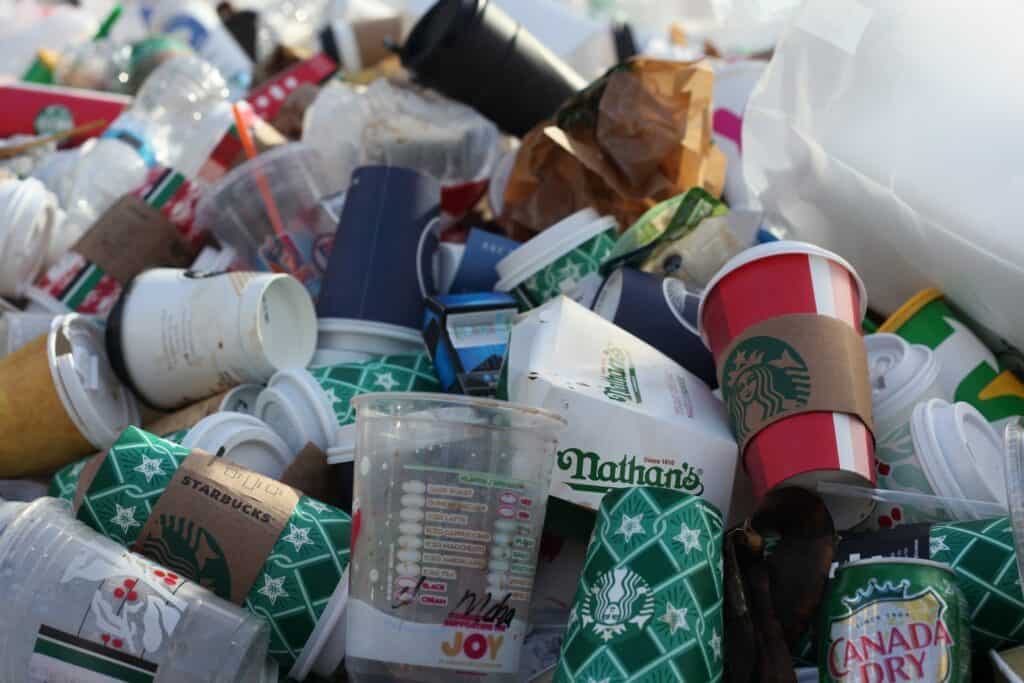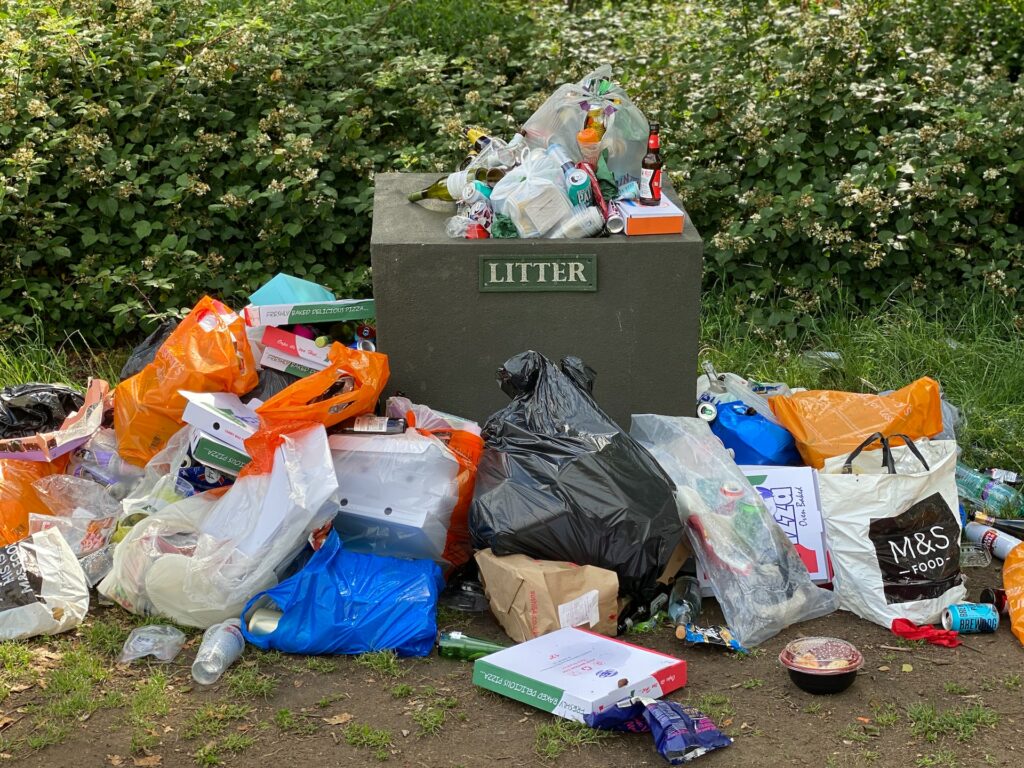Introduction – Save Money By Cutting Food Waste
How much food do you waste each week? It may be costing you more than you think. Welcome to a program to help you turn your food waste into cash. A simple three-week program based on five habits that can stop your wasting food and start saving money. The average European family wastes about four kilos (9 pounds) of edible food each week, plus around 12 euros.

Every Country Wastes Food
In the UK, each home wastes about 4.5 kilos (10 pounds) of edible food each week, costing them about 10 pounds. In America, each home wastes about 12 pounds (5.5 kilos) of edible food each week, costing them 18 US dollars. And in Australia, where I grew up, we waste about 7 kilos of food each week, costing 20 Australian dollars. If you’re interested in saving 10 pounds, 10 euros, or 10 dollars a week, then check out our five habits system.
Storage Is One Solution

Storing food properly is an important way to reduce food waste. Proper storage helps to maintain the freshness of food and reduce the chances of spoilage. To store food properly, it is important to keep food in air-tight containers, away from heat and light, and in a cool, dark, and dry place. Additionally, it is important to keep food in the refrigerator or freezer if necessary, to keep it fresher and reduce the chance of spoilage. Properly storing food can significantly reduce the amount of food that is wasted.
Clever Ideas For Disposing Food Waste
There are a number of ways to dispose of food waste in a less wasteful way. Composting is a great way to reduce food waste and help fertilize plants. Composting is the process of breaking down organic materials like food scraps, yard trimmings, and paper products into a nutrient-rich soil amendment. Composting helps reduce the amount of organic material going to landfills, which can reduce methane gas emissions.
Composting can also help create healthy soil, retain water, and reduce the need for chemical fertilizers. Composting also helps reduce the amount of food waste going to landfills, which can help reduce greenhouse gas emissions. Composting is a great way to reduce food waste and help the environment.
When eggs go past their expiration date, composting eggs among other ways is one good way to get more value out of them for your soil.
We cover eco-friendly storage options for freezing and storing food.
The program is based on building five habits that when combined have the power to slash your food waste bill. Each habit has a short video.
Lindsay Wilson
I founded Shrink That Footprint in November 2012, after a long period of research. For many years I have calculated, studied and worked with carbon footprints, and Shrink That Footprint is that interest come to life.
I have an Economics degree from UCL, have previously worked as an energy efficiency analyst at BNEF and continue to work as a strategy consultant at Maneas. I have consulted to numerous clients in energy and finance, as well as the World Economic Forum.
When I’m not crunching carbon footprints you’ll often find me helping my two year old son tend to the tomatoes, salad and peppers growing in our upcycled greenhouse.
